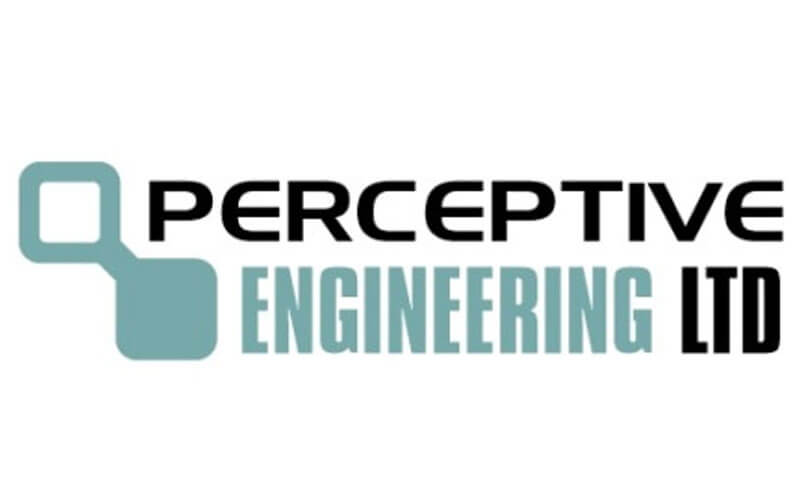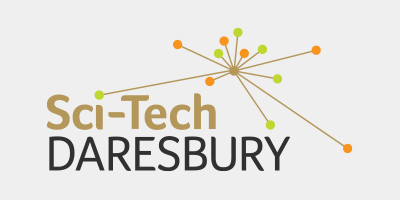February 6, 2018
Siemens and Perceptive Engineering combining software solutions for the Pharmaceutical Industry
Siemens AG and Perceptive Engineering Ltd have announced a partnership which offers Perceptive’s PharmaMV and Siemens Simatic Sipat software products closely integrated to provide a versatile solution for advanced control and optimization applications in both continuous and batch pharmaceutical manufacturing.

Siemens AG and Perceptive Engineering Ltd have announced a partnership which offers Perceptive’s PharmaMV and Siemens Simatic Sipat software products closely integrated to provide a versatile solution for advanced control and optimization applications in both continuous and batch pharmaceutical manufacturing.
The interest to have APC integrated into a PAT platform is growing significantly within the Life Sciences Industry. Thus, the goal of this collaboration between Siemens and Perceptive Engineering is to offer the Pharmaceutical Industry the integrated combination of technologies that have – independently from each other – established a proven track record in the past decade.
An integrated PAT Data Management system like Siemens’ Sipat has been increasingly adopted by the regulated industries, offering a 21CFR11 compliant PAT platform to monitor the end product quality in real-time while it’s been produced. This is based on the structured collection of data from spectral PAT analyzers combined with traditional process data and raw data information from e.g. a LIMS application.
Advanced Process Control (APC) using Perceptive Engineering’s software products is well established in different industries, achieving control solutions on batch and continuous processes. Its pharmaceutical version, called PharmaMV, has been enriched with specific functionalities to comply with the requirements in a regulated environment.
The integrated approach of both software solutions provides a complete platform, for structured data collection, real-time CQA calculation and multivariate modelling and monitoring, which is then combined with automated multivariable feedback directly into the process control layer to simultaneously maintain all CQA’s within the desired design space.
This combined platform has now been deployed with major Pharmaceutical partners, and at key innovation centres around the world. Perceptive Engineering, based in the UK, Singapore and Ireland can provide complimentary application support for Sipat and APC solutions worldwide.
Simatic Sipat is a scalable and modular software solution that enables companies to extend their PAT-based quality control strategies on a step-by-step basis within the scope of a Quality-by-Design (QbD) based approach. With SIPAT as integrated PAT platform, product development and production processes can be monitored, controlled and optimized by measuring and calculating the Critical to Quality Attributes (CQA) of end products in real-time. This continuous monitoring of product quality can prevent deviations from specifications and therefore reduce production costs. In addition, it allows for Real Time Release Testing, so final quality inspections can be reduced or completely eliminated.
Perceptive Engineering Ltd is a leading player in the deployment of model based Advanced Process Control, APC, especially within the Pharmaceutical sector. PharmaMV is specifically designed to support development and deployment of multivariable technologies for monitoring and control within the regulated Pharmaceutical production environment. The PharmaMV platform provides modular tools to design, deploy and maintain advanced applications within a regulated environment. The Platform includes software tools to ease the transition from Development into Manufacturing, reducing the time to transfer knowledge and technology into commercial value. Advanced Process Control solutions are already available for a wide range of pharmaceutical process units, for both small and large molecules, batch and continuous processes, all now conforming to an Industry 4.0 design.
Sci-Tech Daresbury, located close to both Manchester and Liverpool, is internationally known for the quality of its work and is home to scientists and engineers from across the academic research community as well as private industry. Areas of study include accelerator science, bio-medicine, physics, chemistry, materials, engineering and computational science, as researchers explore new areas of science and new technologies – and facilities stretch from a VR/AR lab to a particle accelerator.



